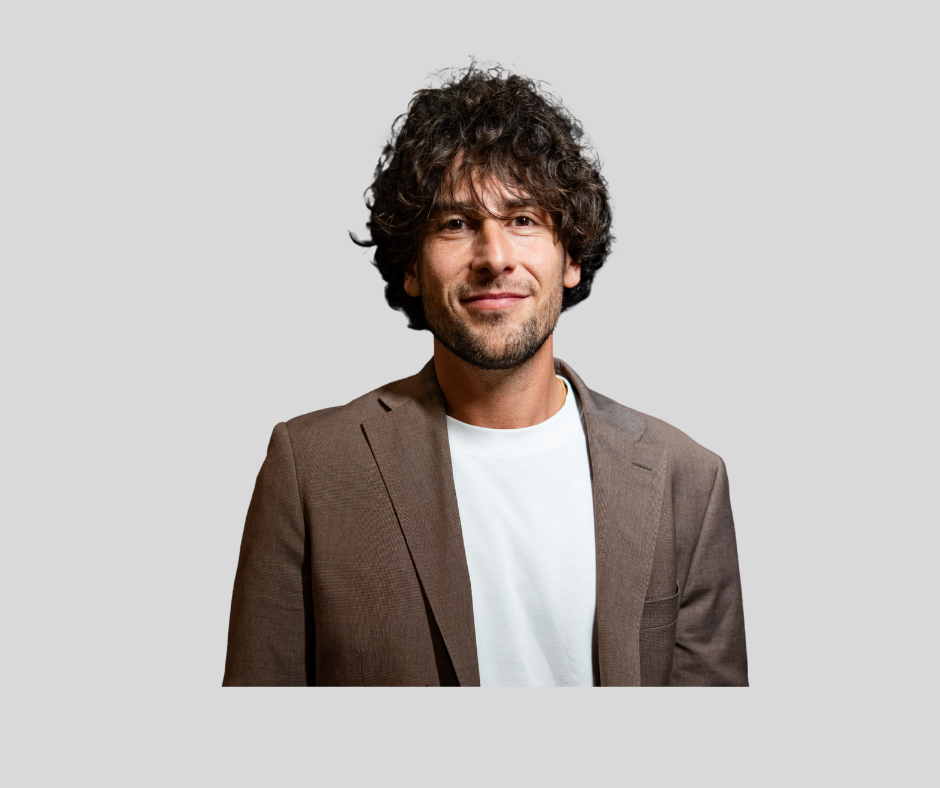Provision of a minimum income that ensures a financial safety net to guard against social exclusion has proven to be a vital safeguard for vulnerable populations across Europe. Access to cash that meets basic needs is crucial. Nevertheless, as the European Social Network’s (ESN) work in this area has demonstrated, financial assistance is only one part of a broader range of support.
ESN has been advocating for a stronger integration of minimum income with social services for several years. In its latest report on the subject, ‘Partnerships for Social Inclusion- Integrated Minimum Income and Social Services Programmes’, ESN presented how the different services available to people in situations of poverty or social exclusion can work together to support them in an integrated way to achieve the greatest possible impact. Recently, Christian Fillet, ESN Chair, at a dissemination event of xEITU and Reticulate projects,, highlighted how minimum income, in combination with social services, is a key instrument for social inclusion and to combat the growing gaps between rich and poor.
The event, which showcased the results of the two social innovation initiatives in different cities from Tuscany (Italy) and Asturias (Spain), was attended by project partners as well as ESN members from a range of countries. The key focus of the event was to report the experiences of the seven cities which implemented the innovative models, highlighting enablers and obstacles, and to discuss next steps and what it is yet to be done.
Improving collaboration between public social and other services
Attendees at the event heard how both xEITU and Reticulate innovated by developing local models for the coordination of social, employment and health services that would work alongside effective minimum income support. The goal? To ensure the active and social inclusion of different vulnerable populations.
Both projects complied with the original target of reaching at least 400 individuals who were supported by different parts of the social welfare system.
Xeitu and Reticulate managed to strengthen the collaboration between different local public services along with all relevant local actors including third sector and private companies, and create effective multidisciplinary teams. Professionals and practitioners from across different sectors worked together around specific needs of people.
In terms of governance and implementation, coordinators from each project stressed the importance of a professional case manager to help users navigate the schemes. It was essential, they emphasised, that case managers have access to all data, contacts, and information from each public service involved.
Ensuring the involvement of people using services
The programmes included beneficiaries of the integrated system thereby ensuring their insights on planning, design, delivery, and evaluation.
User involvement was important from the get-go, including the setting up of services and outlining priorities.
“This co-production phase is the best way to guarantee that programmes meet the specific needs of the region and of service users”, said Ms Isabel Sierra Blanco, coordinator of xeitu.
Feeling part of an inclusive network
As exemplified by both projects, co-production plays a vital part in ensuring that beneficiaries of services feel they have some ownership of their inclusion plan. Representatives from both projects emphasised how important it was that people using the services as well as practitioners share a sense of joint ownership in terms of service planning and delivery.
The successful implementation of integrated minimum income models implies the sharing of data and solutions among the public entities involved.
The work at xEITU and Reticulate illustrates how integrated minimum models that focus on collaboration between services as well as people themselves can drive innovation. Crucially, models that are designed to increase social inclusion and which foster the full participation by members of vulnerable populations, ultimately take us one step closer to a true safety net.
Andrea De Conno, coordinator of Reticulate from the local municipalities association -ANCI Toscana, underlined how the 30 months of the project allowed to create that spirit making the base to continue the experimentation of the model in other Tuscan cities.


